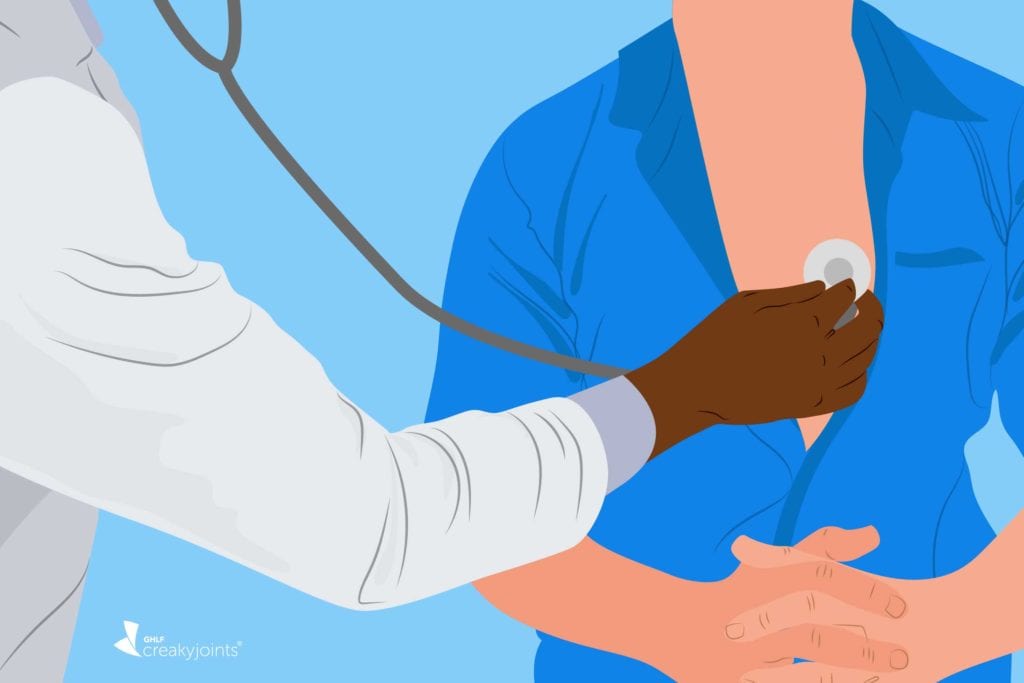PCP Providers Near Me: Finding the most effective Primary Care Providers Nearby
PCP Providers Near Me: Finding the most effective Primary Care Providers Nearby
Blog Article
Comprehending the Crucial Duty of Primary Treatment in Comprehensive Wellness Administration and Illness Avoidance Methods
The important function of main care in extensive wellness monitoring and illness avoidance strategies can not be overemphasized, as it serves as the foundation for efficient medical care delivery. By focusing on preventative treatment and cultivating long-lasting patient-provider connections, main treatment practitioners are distinctively positioned to address private health needs while also affecting broader neighborhood health outcomes.
Interpretation of Main Care
Although the idea of key treatment might differ throughout various health care systems, it fundamentally refers to the initial point of call for individuals within the medical care continuum. Health care encompasses a wide variety of services, including preventative care, diagnosis, treatment, and administration of chronic problems. It is characterized by its thorough, obtainable, and coordinated method, making sure individuals receive all natural treatment customized to their specific needs.
Primary care carriers, commonly family doctor, internists, or doctors, play an essential duty in developing recurring patient-provider relationships. This continuity of care fosters depend on and helps with better health end results through routine tracking and tailored treatments. The focus on a patient-centered approach enables the factor to consider of social, financial, and emotional factors that influence health and wellness.
Furthermore, primary care acts as a vital element in browsing the healthcare system, directing clients via specialized solutions when required. By working as a main hub for health administration, medical care not only addresses instant clinical issues however additionally emphasizes the importance of overall health and preventive measures. Hence, its interpretation extends past plain therapy to encompass a comprehensive framework for health promo and disease prevention.
Advantages of Preventive Treatment
Preventative care deals many advantages that considerably boost individual and community health and wellness results. By concentrating on the avoidance of conditions and health and wellness concerns before they arise, preventative treatment decreases the occurrence of major health and wellness problems, thus reducing medical care prices with time. Early detection through normal testings and assessments permits prompt treatments, which can prevent the progression of illness, bring about enhanced high quality of life for patients.
Moreover, precautionary treatment advertises health and wellness education and learning and awareness, encouraging people to make educated choices concerning their lifestyles and wellness actions. This proactive strategy motivates routine exams, vaccinations, and health screenings, which not just profit individuals however also add to the total health of the area. By decreasing the concern of chronic illness and avoiding episodes of infectious conditions, preventative treatment plays a critical duty in enhancing public wellness.
In addition to enhancing private health and wellness end results, preventive treatment fosters a more effective health care system by decreasing the requirement for considerable therapies and hospitalizations. Inevitably, buying preventative treatment is vital, as it assists in much healthier populaces, lowers health and wellness differences, and ensures much better resource appropriation within the healthcare system.
Function in Persistent Condition Administration
The positive approaches utilized in preventative care are critical in the administration of chronic illness, which commonly require continuous attention and sources. Health care carriers play a pivotal role in this context, acting as the first point of call for patients with persistent conditions such as diabetic issues, high blood pressure, and cardiovascular disease. They are instrumental in developing individualized site here management plans that include regular surveillance, drug monitoring, and way of life modifications.

Furthermore, medical care service providers typically use modern technology and data analytics to track patient progression and determine prospective complications early. This positive surveillance boosts individual involvement and equips individuals to take an energetic duty in their health management. Ultimately, the combination of health care into persistent condition management cultivates better lifestyle and reduces the concern on healthcare systems.
Patient-Provider Relationships

Furthermore, a durable patient-provider relationship enhances patient involvement and self-management. Companies that spend time in comprehending their people' backgrounds, preferences, and inspirations are much better geared up to support them in handling their conditions. This tailored approach can lead to improved health and wellness outcomes, as clients are more most likely to follow referrals when they feel valued and comprehended.
Furthermore, connection of care plays a substantial role in strengthening these connections. Routine communications between clients and service providers promote continuous assessment and adjustments to therapy plans, which is crucial for managing persistent conditions efficiently. This connection not only promotes far better wellness outcomes but likewise minimizes health care expenses by minimizing the need for urgent interventions.
Effect On Community Wellness
Strong patient-provider connections significantly influence area wellness outcomes, as they add to an extra involved and informed population. doctor. When people feel attached to YOURURL.com their medical care service providers, they are extra likely to look for preventive solutions, abide skin clinic by treatment strategies, and get involved in health-promoting behaviors. This involvement promotes a culture of wellness, where people prioritize their health and wellness and the wellness of their community
In addition, efficient communication between patients and carriers improves health proficiency, equipping individuals to make educated decisions regarding their treatment. This raised understanding can cause lowered rates of chronic conditions, as people become positive in handling their health and wellness. In addition, solid partnerships promote the identification of community-specific health challenges, making it possible for companies to customize treatments that resolve regional requirements.
Furthermore, medical care works as an essential accessibility point for health sources, attaching people with required services and assistance networks. This thorough approach not just enhances private health and wellness however additionally strengthens community cohesion, as residents function collaboratively to deal with wellness variations. In general, the effect of robust patient-provider partnerships prolongs beyond the facility, fostering much healthier areas and adding to a sustainable health care system.
Final Thought
In summary, primary care is essential to efficient wellness monitoring and disease prevention - doctor. Ultimately, the assimilation of key treatment into neighborhood wellness strategies leads to boosted health end results and minimized healthcare prices, emphasizing its vital duty in advertising general neighborhood health.
Report this page